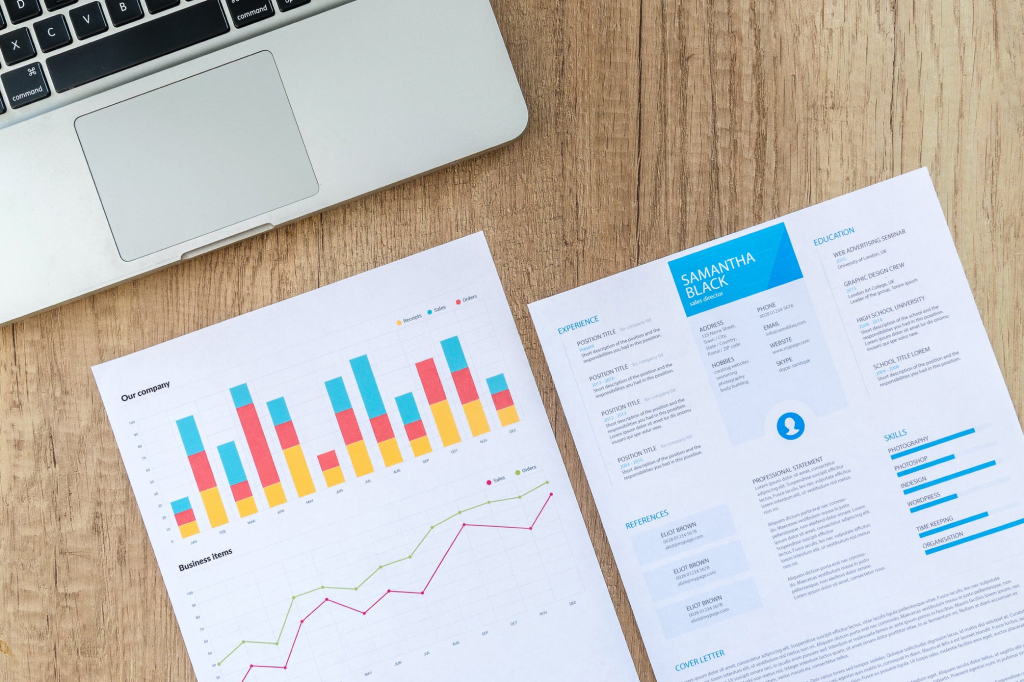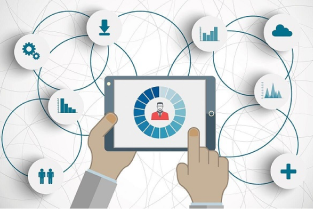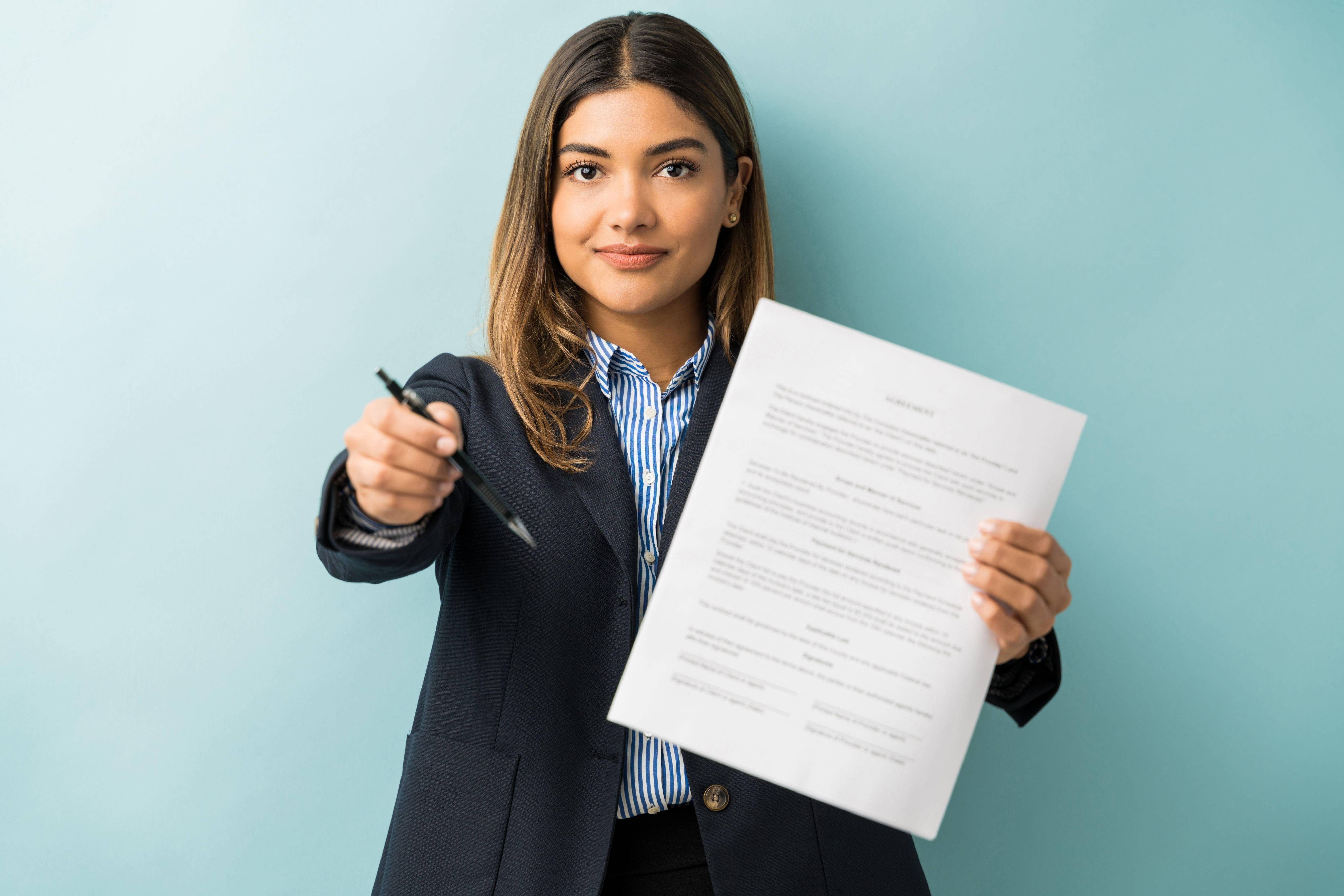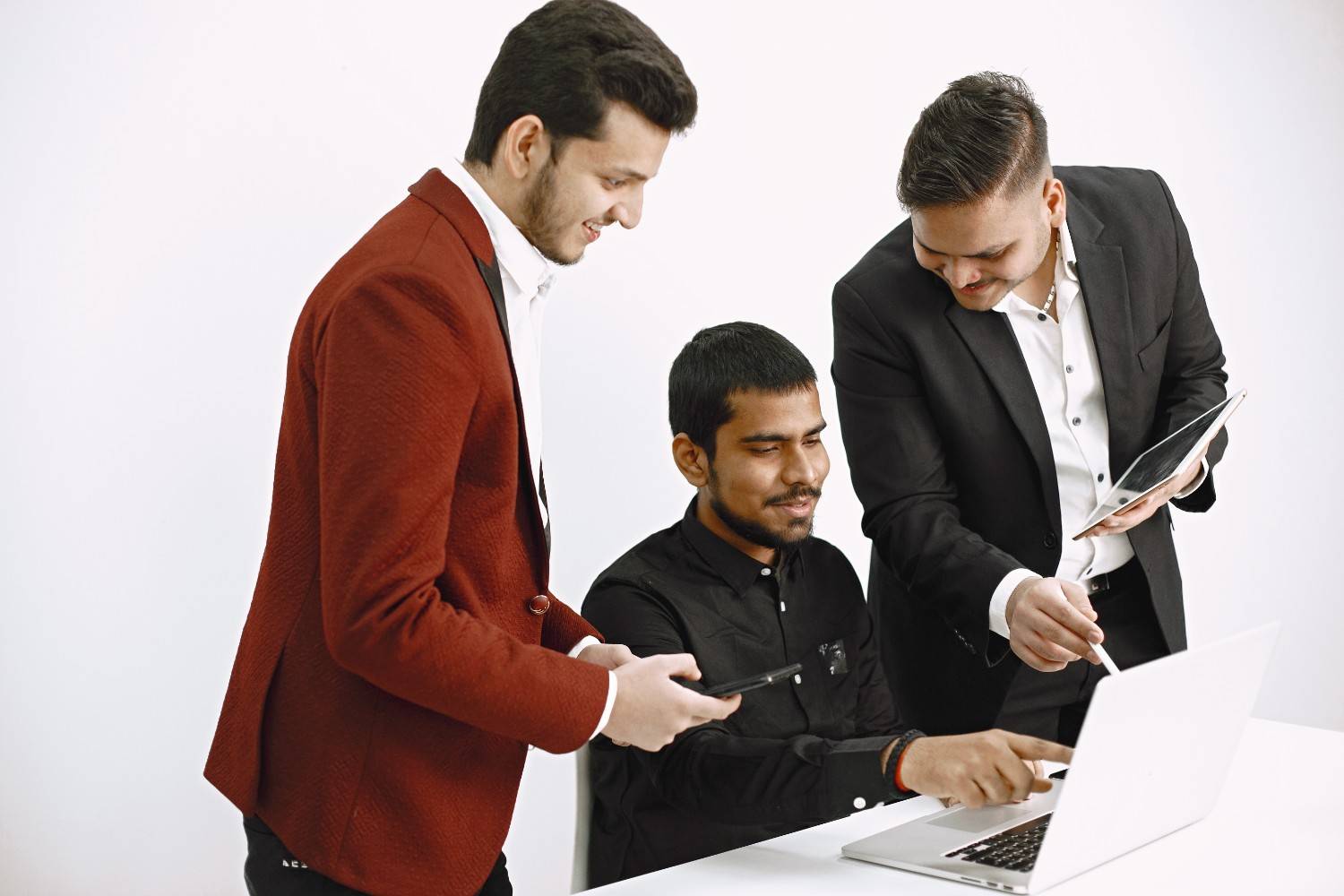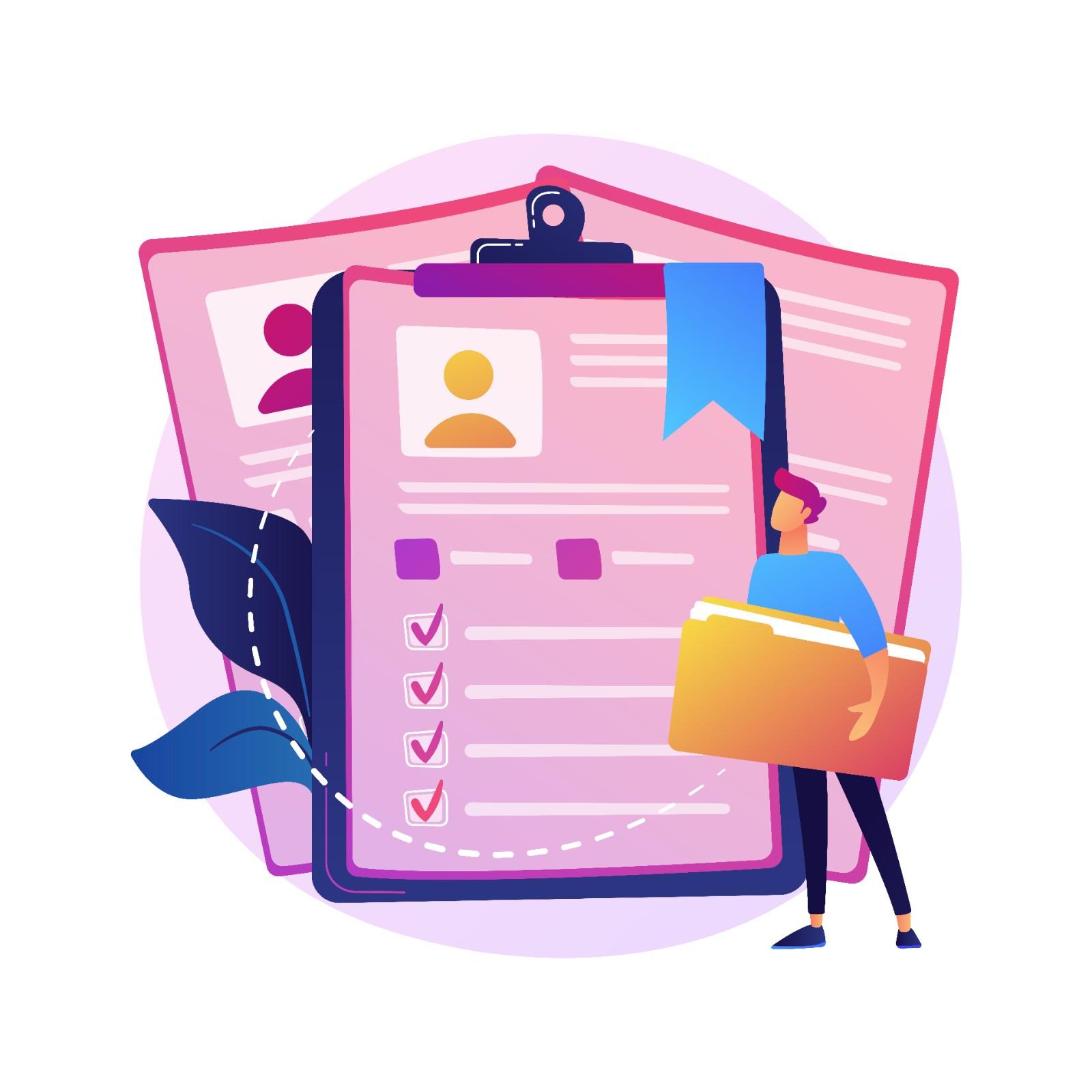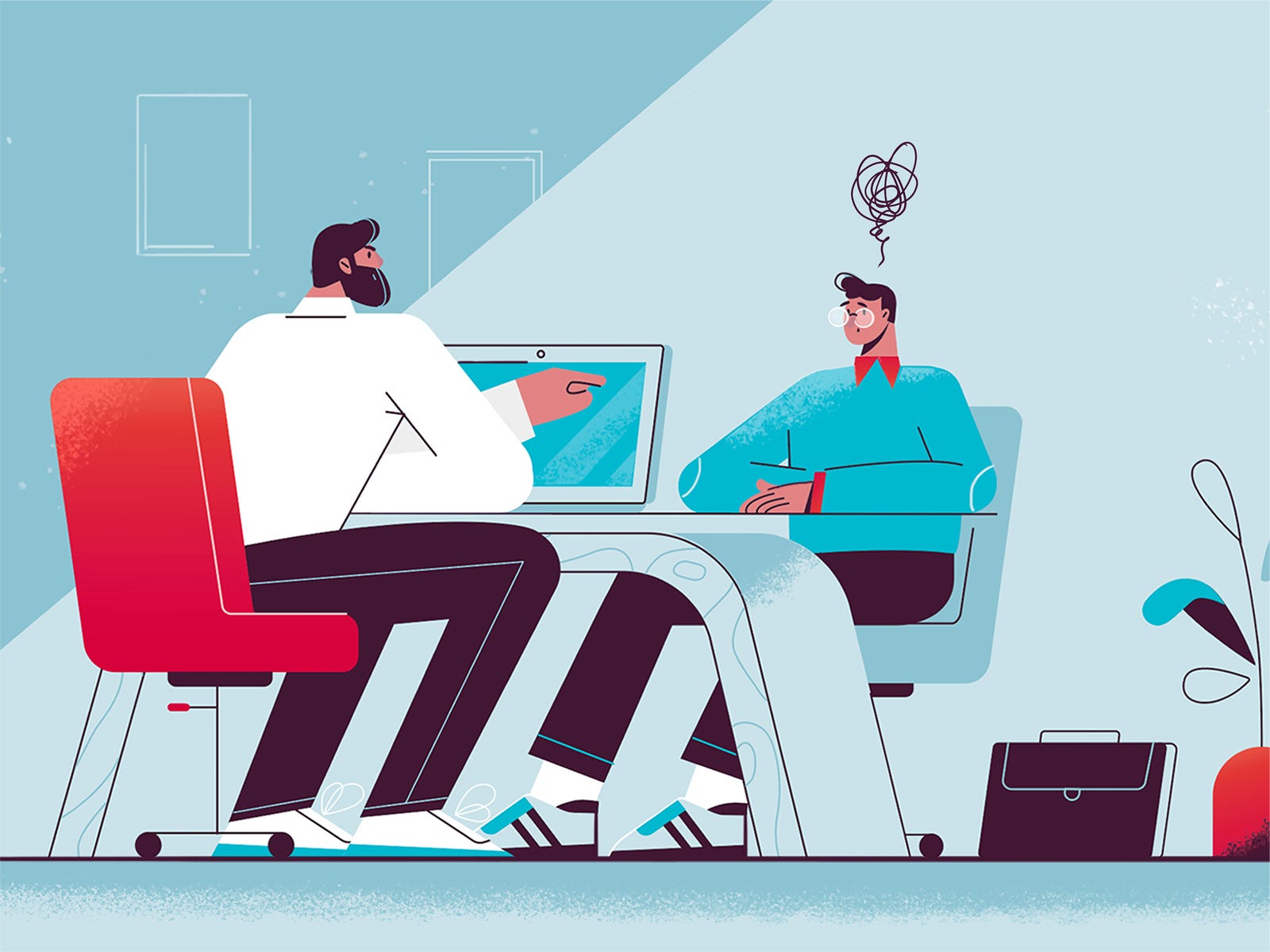
You brush up on your notes early in the morning and dress up for the most important and challenging hour of your life until now. You walk into the room with confidence, shake the person’s hand sitting right across the table and you take a seat. After exchanging pleasantries you’re asked — Tell me something about yourself. And you’re stuck, there’s no clear format to your answer. You fumble a couple of times, you go on for a couple of minutes and the interviewer has to cut you off and move on to the set of questions that he/she has for you.
In the first couple of minutes of the job interview, you’ve not only missed your chance to make a good first impression, you’ve also lost the confidence that you had built up right before the interview started. This is one of many such examples where as a candidate you face challenges that never prepared for. It’s not just the common HR questions that you need to prepare for. There are a lot of things that you need to be ready for. This article covers them in a gist.
Your attire (dress code) for the interview –
Should you wear a suit? Also, should you wear a tie? What colour tie should you wear? These questions pop up right when you are getting ready for the interview, on the day of the interview. The perfect attire for the interview depends on the kind of company you’re interviewing for. If you’re interviewing for a consultant role, then a suit-tie is really important. If you’re applying for a cool young startup, you can dress up casually. A plain white/blue shirt fits anywhere. When in Rome, act like the Romans.
To understand how the employees of the company you’re applying to dress up, go look at the company photos, company videos etc.
Note here that a lot of colleges have their own ‘dress code’ for campus placement. In this case, make sure that your placement dress is properly cleaned and ironed a day before the interviews begin. If you can, keep a backup ready, at least for the bright white shirt that has a good chance of being ruined right before the interview.
Needless to say, regardless of you dress code or attire, it should be washed, have no stains, should be ironed and most importantly should not look unprofessional!
What does this company actually do?
DO NOT walk into the interview room before clearly reading and understanding what your potential employer does. Before the interview starts spend about 15–20 mins to understand what the company you’ve applied to actually does. Understand their business, understand what region they operate in, and understand the domain of the company.
It will be really awkward if the interviewer asks you a question related to the function of the company and if you have no answer or worse if you give a wrong answer.
A little more research
In many cases, through the calendar invite that you’ve received or through email, you already know the name of the person who will be interviewing you. You should definitely spend some time understanding the profile of the interviewer and their background. And there’s no better place than LinkedIn to find (and connect to) someone’s profile.
This will not only give you an edge in your conversation with the interviewer but you can also figure out the kind of questions that the interviewer might ask. For example, if you and the interviewer have both worked as a volunteer at a school then you can expect a small discussion about the same during the interview.
The first question of (almost) any interview
The first question that you will definitely be asked in an interview will be — ‘Tell me about yourself’ or ‘Introduce Yourself’. Now, here’s the problem with this question, given that the interviewer most likely has gone through your resume already, repeating the same thing in the introduction becomes redundant. But, the resume is a summary of your entire professional life, so do you skip it entirely in the introduction? No!
What you need to ensure is that you should not try to ‘summarise’ your entire resume during your introduction. An introduction is a really good chance for you to place a conversational ‘hook’ that you can use later to create a better connection with the interviewer. Here are some pointers for how you can create a ‘great’ introduction answer –
- Start simply with your name and the place you belong to.
- Continue with your current college degree or the current company you’re working at.
- Within 2–3 lines summarise your past professional experience, positions and projects.
- Keep a line or two for some of your extraordinary achievements.
- And finally end the introduction with your hobbies and passions (and this is exactly where you can add a hook)
Par exemple –
My name is Shubham Goyal and I come from Indore, Madhya Pradesh. I am currently working as a Product Manager at Superset where I manage the legacy college application that the company sells. I graduated from IIT Kharagpur with a dual degree in Civil Engineering. I have previously worked as a Product Analyst at Byju’s. During my college years, I interned with FMCGs like ABInBev and ITC. I was also the Placement coordinator and Social Secretary at my college. I have been a stage fanatic and I have been a part of and won numerous dramatics competitions. Talking about my hobbies I love reading blogs and articles about latest technologies, startups and fundings. I am also a big big Barca fan and there’s definitely no better team than Barca.
Note in the example above that the ‘hook’ is the candidate being a football fan and more specifically a Barcelona fan. If the interviewer is a football fan, then this hook is definitely going to work.
Keep the introduction limited to 1–1.5 mins. If your introduction goes on any longer and if the interviewer has to cut you off, then you’ve lost those important brownie points that could’ve just pushed you through the finish line.
Some common HR interview questions
Here are some common HR interview questions that you might face –
- Why do you want to work for our company?
- What has been your biggest achievement so far?
- What are your strengths and weaknesses?
- Why are you leaving your current company? (for people switching jobs)
I am not going to cover specific templates for the questions mentioned above. There are numerous answers available on the internet, but you should and must spend time creating your own answers to the questions mentioned above. All the other possible HR questions will be a version of/related to the ones mentioned above.
Ending any interview
At the end of the interview, the interviewer might ask — ‘Do you have any questions for me before we end the interview?’
Yes!
Before the interview, you should prepare a list of curated questions about the company or the role that you can ask the interviewer. This is another chance for you to prove to the interviewer that you really like the company and the job and that you are willing to learn.
Here are some good and bad versions of the end-of-interview questions –
- Bad version — In this role of a product manager what will I be working on?
Good version — I’ve read in an article on YourStory that your company is looking to expand into the B2C segment. So if I’m lucky enough to join your company, will I be working on the new products or the existing ones? - (A very)Bad version — What does your company do?
Good version — From what I understand from the company website and other information on the internet, Superset works on automating placements for colleges and recruitment for companies. But recruitment has always been a very complicated domain. Could you tell me a little bit about how Superset is working for colleges and companies?
You could also ask questions about the company’s recent funding, new projects that they’re working on, major changes in the company’s domain etc. But do not say No to ‘Do you have any questions for me before we end the interview?’ !
Post-interview email to the interviewer
Once the interview is complete, and if you have the interviewer’s email ID, you can drop an email thanking the interviewer for their time and for your learnings from the interview.
Footnote: While soft skills and communication skills seem secondary during interview prep, they become crucial when the recruiter has to choose between two equally talented candidates. You should definitely spend some time in honing your communication skills!
All the best for your job hunt!



